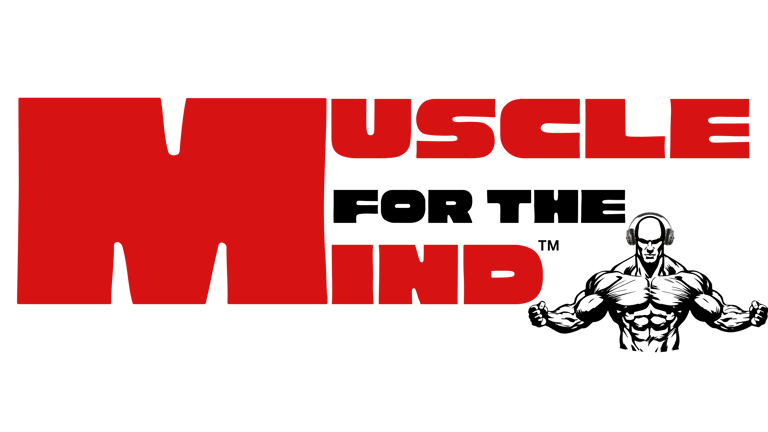5 Simple Ways to Grow Your Financial Knowledge
Want to feel more confident with your money? Financial knowledge doesn’t have to be complicated. In this post, Rob shares five simple habits anyone can use to start building money smarts today—without the jargon or overwhelm.
Rob
10/3/2025


5 Simple Ways to Grow Your Financial Knowledge
You want to be smart with your money. You want to save, invest and build a future without worrying you won’t have anything by the time you retire. But there’s a problem. The financial world can feel complicated, intimidating and even overwhelming.
If you’ve ever opened an investing book, watched the news or scrolled through financial advice online, you probably know the feeling. There’s jargon, charts, acronyms and opinions everywhere. One expert says to do one thing, another says to do the opposite. It leaves you stuck in the same place and unsure of what to do next.
That’s not your fault. No one taught us this stuff in school. Most of us were told to “work hard, save money, and you’ll be fine.” But the truth is, saving alone isn’t enough. If you don’t grow your financial knowledge, you risk working hard your entire life without ever feeling secure or confident about your future.
The good news? You don’t need an MBA or years of experience on Wall Street. You just need a few simple habits to start building your knowledge today. Once you do, you will feel more confident, more in control and more prepared for whatever life throws your way. However, there is one very important thing you need to do once you start gaining more and more knowledge and that is to execute. Take that knowledge you have learned and put it to use. After all, what good is that knowledge going to do if it is stuffed away in your mind, not being used and growing cobwebs and dust? Nothing. It needs action to get your financial future started and moving forward.
Here are five ways to start growing your financial knowledge. Step by step.
1. Read One Financial Article a Day
You don’t need to binge on hours of research and overwhelm yourself each day. Instead, read one article each day. Stick to trusted sources like Investopedia, Morningstar or financial sections of major newspapers. Over time, these small doses of learning add up. It won’t be long and you will understand the jargon they are speaking and you will be speaking “financese” with the best of them.
2. Track Where Your Money Goes
Knowledge starts with awareness. For the next 30 days, track every dollar you spend. Use an app like Mint, YNAB or even a simple notebook. Once you see where your money is really going, you’ll start noticing patterns that either build wealth or steal it.
3. Learn the Language of Money
Confusion disappears when you understand the words. Take time to learn basic financial terms: stocks, bonds, compound interest, ETFs, dividends. Every new term you master makes the world of money feel less intimidating. Again, this ties in with #1, Read One Financial Article a Day. You can also listen to podcasts to improve your financial language. It really does help to be able to understand the language. When you start talking to people about investments, whether it is friends or a financial planner or a stock broker, it is going to do nothing but be beneficial for you. And it really isn’t that confusing once you get your basic understanding and the more you read articles and/or listen to podcasts.
4. Follow a Mentor You Trust
You don’t need to listen to every financial “guru” online. Choose one or two experts you respect and that maybe a podcast host, an author, or a YouTube educator and stick with them. Too many voices cause confusion but a few trusted guides create clarity.
5. Apply As You Learn
Knowledge is useless unless you use it. If you read about saving, open a high-yield savings account. If you learn about investing, set up a small, automatic contribution into a beginner friendly ETF. Small actions compound into big results. I’m going to state that again, “Small actions compound into big results.” This applies to not only learning and then applying the knowledge but also in investing. Once you start seeing the results after you have invested for just a short period of time and you are seeing some growth, the light bulb will go on and you will realize exactly what I was referring to.
Here’s the bottom line: Financial knowledge isn’t reserved for experts. It’s for you. If you build it step by step, you’ll replace fear with confidence and confusion with clarity. And that knowledge will give you power. The power to make decisions that protect your future, your freedom and your peace of mind.
So, start today. Pick one of these five habits, and take the first step toward becoming financially smarter. Because your future depends on what you know and now, you have a plan to grow it.
Thank you for stopping by,
-Rob






Knowledge = Strength
Empowering individuals through accessible business insights.
Inspire
Educate
info@muscleforthemind.com
© 2025 All rights reserved.
